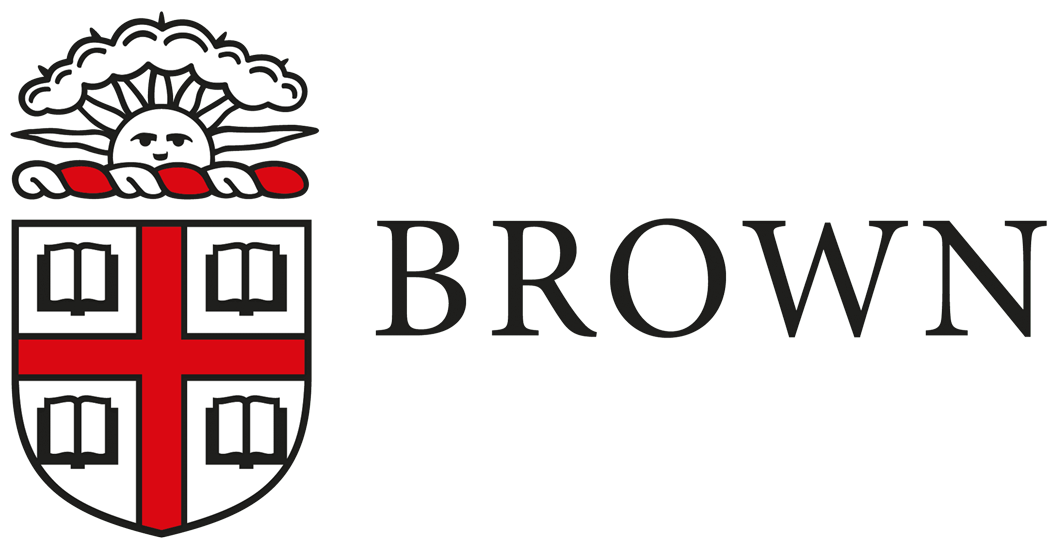The Leadership Alliance Summer Research Early Identification Program SR-EIP
Audience
-
Current Student - Undergraduate
Discipline(s)
-
Applied Mathematics
-
Applied Mathematics-Biology
-
Applied Mathematics-Computer Science
-
Applied Mathematics-Economics
-
Archaeology and the Ancient World
-
Astronomy
-
Behavioral Decision Sciences
-
Biochemistry and Molecular Biology
-
Biology
-
Biomedical Engineering
-
Biophysics
-
Chemical Physics
-
Chemistry
-
Classics
-
Cognitive Neuroscience
-
Cognitive Science
-
Comparative Literature
-
Computational Biology
-
Computer Science
-
Computer Science- Economics
-
Economics
-
Engineering
-
Engineering and Physics
-
Environmental Studies
-
Ethnic Studies
-
Geology - Physics/Mathematics
-
Health and Human Biology
-
History
-
Linguistics
-
Literary Arts
-
Mathematics
-
Mathematics - Computer Science
-
Mathematics - Economics
-
Philosophy
-
Physics
-
Political Science
-
Psychology
-
Public Health
-
Public Policy
-
Sociology
-
Statistics
-
Urban Studies
Established
1992
Individuals Served
-
5,001-10,000
Notable Alumni
Wallace Derricote, PhD , Chemistry; Checo Rorie, PhD, Toxicology, Sherri Ann Charleston, Chief Diversity and Inclusion Officer (CDIO) at Harvard University
Other Components
The Leadership Alliance has developed two academic year workshops (What is Research and Collaborative Learning) which position students to build key skills for use in classroom and research settings. The What is Research workshop introduces participants to the principles and practices of research. The Collaborative Learning workshop is an opportunity for exploring the peer learning process and considering how to form a successful study or research group. This workshop covers the steps to establishing a group and includes time for practicing some learning techniques. By the end of this workshop, participants will be ready to start a study or research group and reap the benefits. Also, a successful two-day workshop was created specifically for graduate students and postdoctoral fellows. The three components of each Pre-Lans workshop included:
1) TLA Talks (‘Ted’ style Talks) from professionals representing a variety of career sectors.
2) Interactive sessions on career exploration and planning;
3) Speed Networking will round out workshop activities
Diversity Groups (Social Identity)
-
First-Generation
-
Gender
-
Socioeconomic Status (E.G. Low-Income)
Race/Ethnic Minority Group
-
African American/Black
-
American Indian and Alaska Natives
-
Asian American
-
Hispanic/Latinx
-
Native Hawaiian
-
Other
-
Pacific Islander
Inclusionary Practices/Activities
-
Development Of Academic Sense Of Belongingness (E.G. Meetings With Doctoral Scholars, Peer Researchers, Exchanges At Academic Conferences)
Mentoring Components
-
Mentees Are Allowed To Attend Events With Mentors
I.E. Dinners, Social Events, Conferences, Retreats) Mentees Are Allowed To Attend Events With Mentors (I.E. Dinners, Social Events, Conferences, Retreats
-
Mentees Are Shown Academic Customs, Pitfalls, Departmental Politics And Taboos
-
Mentor Recognizes The Value Of Mentee
-
Mentors Are Peers Of Program Participants (Near-Peer, Tiered Peer, Etc.)
-
Mentors Exchange Social Displays Of Scientific Knowledge And Practices
-
Mentors Provide Mentees With Access To Academic Resources
-
Mentors Provide Psychological And Or Emotional Support
-
Mentors Provide Regular Scheduled Meetings With Mentees
-
Mentors Provide Support With Goal Setting And Or Career Planning
Empowering Activities
-
Coaching
-
Feeder Pathways
-
Institutional Alliances
-
Mentoring Opportunities
-
Publication Opportunities
Evaluation Methods
-
Annual Performance Report
-
External Review/Evaluation
-
Program Survey
-
Site Visits
Key Performance Indicators
Please review our KPIs and outcomes on our webpage https://theleadershipalliance.org/our-impact
